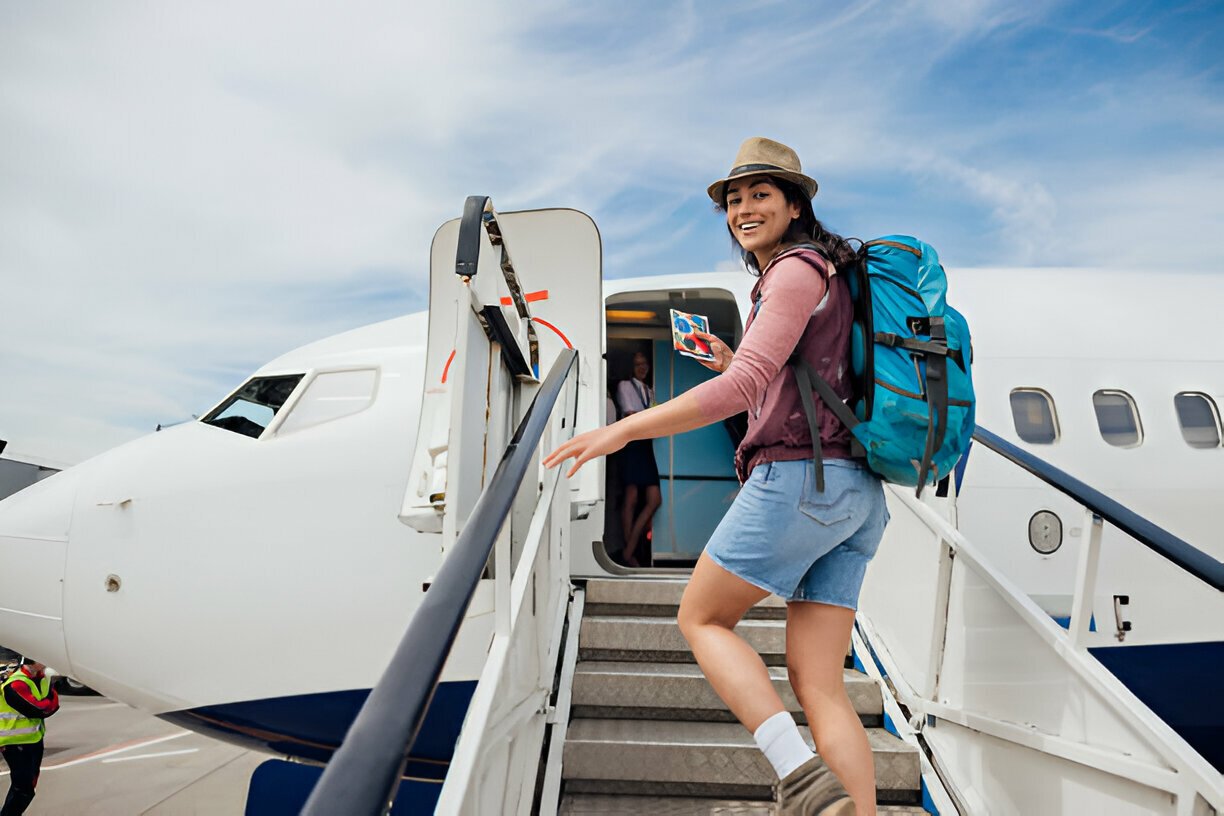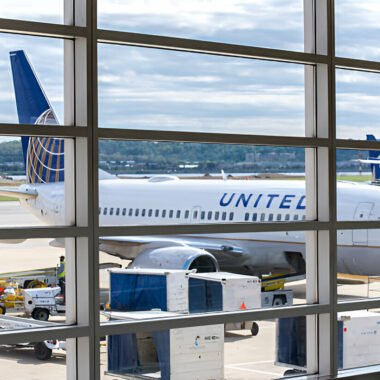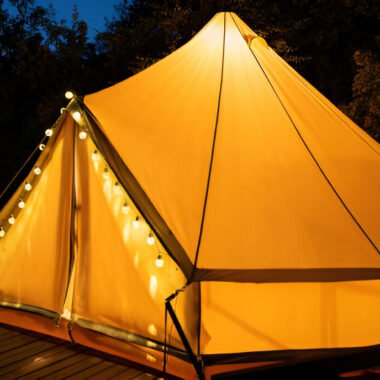Table of Contents
Introduction
Do you ever feel like you’re stuck in a rut, going through the motions of daily life without any real excitement or purpose? Trust me, you’re not alone. Many of us get caught up in our routines and forget to take a step back and breathe. That’s where travel comes in. It’s more than just a break from work or a chance to see new places—it’s a powerful tool for mental rejuvenation. This article will explore the myriad ways travel can heal your mind and why it’s essential for your overall well-being.
Why Travel is Essential for Mental Health
Monotony can be a silent killer of our mental health. When every day feels the same, it’s easy to become disillusioned and even depressed. Travel shakes things up. It pulls us out of our comfort zones and throws us into new environments where our senses are reawakened.
When you travel, you’re exposed to new sights, sounds, and smells. Whether it’s the vibrant colors of a bustling market in Marrakech or the serene beauty of a sunset over the Grand Canyon, these experiences can jolt you out of your funk and remind you of the beauty of life.
The Science Behind Travel and Mental Well-being
Psychologically, travel has been shown to reduce stress, anxiety, and depression. When you take a break from your everyday environment, your brain gets a chance to reset. The unfamiliarity of new places forces your mind to focus on the present moment, a key aspect of mindfulness that helps reduce negative thought patterns.
Physiologically, travel can boost your mood and energy levels. Activities like walking, exploring, and even simple sightseeing increase your physical activity, which in turn releases endorphins—our body’s natural feel-good chemicals.

How Travel Reduces Stress
One of the most significant benefits of travel is its ability to reduce stress. When you change your scenery, you leave behind the sources of your stress. Whether it’s work deadlines, household chores, or social obligations, physically removing yourself from these stressors gives your mind a much-needed break.
Engaging in leisure activities like lounging on a beach, hiking through forests, or exploring a new city provides relaxation and distraction from everyday worries. The very act of traveling can be therapeutic, allowing you to unwind and recharge.
Boosting Creativity Through Travel
Travel is a fantastic way to boost creativity. When you immerse yourself in new cultures and experiences, your brain forms new connections and ideas. This phenomenon, known as cognitive flexibility, enhances your ability to think outside the box.
Encountering different ways of life, art forms, and languages can provide a wealth of inspiration. You might find yourself coming up with innovative solutions to problems or even starting new creative projects inspired by your travels.
Travel as a Form of Self-Discovery
Travel is not just about discovering new places; it’s also about discovering yourself. When you step out of your comfort zone and face new challenges, you learn a lot about your strengths, weaknesses, and desires. Traveling alone, in particular, can be a profound journey of self-discovery. It forces you to rely on yourself, make decisions independently, and cope with unforeseen circumstances.
Gaining new perspectives is another crucial aspect of self-discovery through travel. Seeing how other people live, what they value, and how they solve problems can lead to a deeper understanding of your own life and priorities.

Social Benefits of Traveling
Traveling offers numerous social benefits as well. Meeting new people and forming connections with strangers can be incredibly rewarding. These interactions can broaden your social horizons and introduce you to different viewpoints and lifestyles.
Traveling with friends or family can also strengthen relationships. Sharing new experiences and adventures helps create lasting memories and deepens bonds.
The Role of Adventure in Mental Health
Adventure travel, which involves engaging in exciting and often physically demanding activities, can significantly boost mental health. Activities like hiking, rock climbing, or scuba diving trigger the release of adrenaline and endorphins, which can create feelings of euphoria and satisfaction.
Overcoming the fears and challenges associated with adventure travel can also build self-confidence and resilience. It proves that you can handle difficult situations and come out stronger on the other side.
Cultural Immersion and Its Impact
Immersing yourself in a different culture can be one of the most enriching aspects of travel. It provides an opportunity to understand and appreciate diverse ways of living, thinking, and being.
Experiencing cultural diversity firsthand can challenge your preconceived notions and biases, leading to greater empathy and open-mindedness. This expanded worldview can contribute significantly to your mental well-being.

Nature Trips and Their Healing Power
Spending time in nature is incredibly healing. Nature trips allow you to disconnect from technology and the hustle and bustle of city life. Whether you’re hiking in the mountains, camping in the woods, or simply spending a day at the beach, nature has a way of calming the mind and soothing the soul.
The sights, sounds, and smells of nature have been shown to reduce stress and anxiety, lower blood pressure, and improve overall mood. Reconnecting with nature can be a powerful antidote to the mental strain of modern life.
Traveling for Mindfulness and Meditation
For those looking to incorporate mindfulness and meditation into their travel experiences, there are plenty of retreats and quiet getaways designed for just that. Yoga retreats, meditation workshops, and wellness resorts offer structured environments where you can focus on inner peace and self-care.
Practicing mindfulness while traveling can help you stay present and fully appreciate each moment, enhancing the overall therapeutic effect of your trip.
Planning Your Mental Health-Focused Trip
To maximize the mental health benefits of travel, it’s essential to plan a trip that aligns with your well-being goals. Start by choosing a destination that excites you and offers the experiences you’re looking for, whether it’s relaxation, adventure, cultural immersion, or nature.
Plan activities that promote mental well-being, such as visiting serene natural landscapes, engaging in physical activities, and taking time for relaxation and reflection. Remember, the goal is to return feeling refreshed and revitalized.

Overcoming Travel Anxiety
Travel anxiety is a common concern, but there are ways to manage it effectively. Preparing mentally for your trip can significantly reduce anxiety. Research your destination thoroughly, plan your itinerary, and have contingency plans in place.
Practical tips for reducing travel anxiety include packing early, arriving at the airport or train station with plenty of time, and practicing deep breathing exercises to stay calm. Remember, it’s okay to feel anxious; what matters is how you handle it.
Post-Travel Benefits
The benefits of travel don’t end when you return home. The positive effects on your mental health can last long after your trip. You might find yourself feeling more relaxed, energized, and creative. The memories and experiences from your travels can provide lasting joy and inspiration.
To maintain the travel mindset, try incorporating elements of your trip into your daily life. Cook a dish you enjoyed, practice a new language, or simply take time to reminisce about your adventures.
Conclusion
Travel is more than just a break from routine; it’s a powerful tool for mental healing and personal growth. From reducing stress and boosting creativity to fostering self-discovery and cultural appreciation, the benefits are vast and varied. So, next time you feel overwhelmed or stuck in a rut, consider packing your bags and setting off on a journey. Your mind will thank you for it.
FAQs
- How does travel reduce stress?
- Travel reduces stress by providing a change of scenery, removing you from everyday stressors, and offering relaxing and engaging activities.
- Can travel help with anxiety?
- Yes, travel can help with anxiety by offering new environments and experiences that distract from anxious thoughts and promote mindfulness and relaxation.
- What are the best destinations for mental health?
- The best destinations for mental health include nature retreats, quiet beach resorts, cultural immersion trips, and wellness retreats.
- How often should one travel for mental well-being?
- The frequency of travel for mental well-being varies from person to person, but even a short trip every few months can provide significant benefits.
- Is solo travel better for self-discovery?
- Solo travel can be particularly effective for self-discovery as it encourages independence, self-reliance, and personal reflection.











